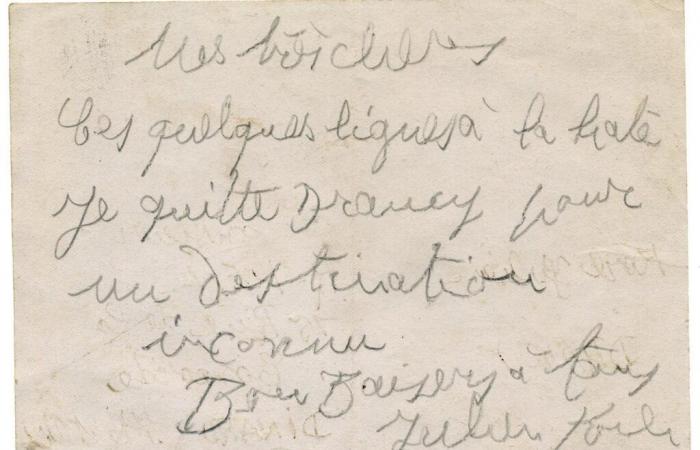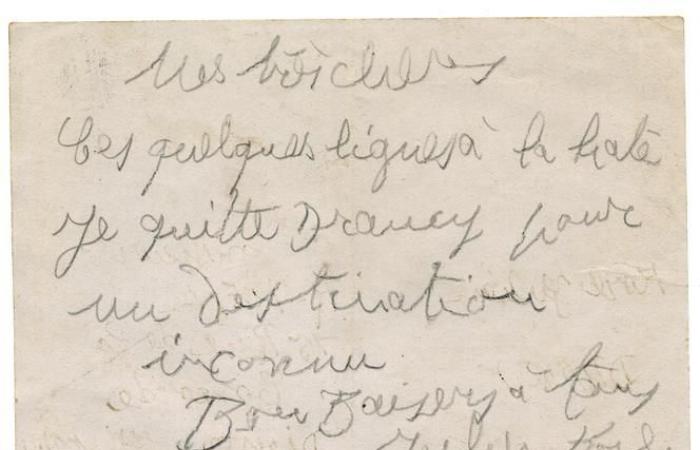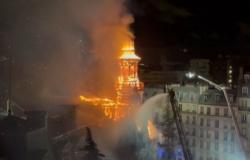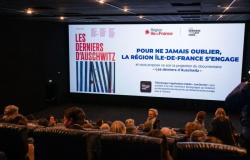France Culture – On demand – Podcast
“This is the story of these last words scribbled in a hurry before silence and nothingness, thrown by the skylight of a cattle wagon, a train of death, left in the hut of a camp, of a place of regrouping or internment, given in the precipitation and confusion of roundups and arrests to a stranger, a police officer, a railway worker, a factor, a visitor of the Red Cross or a Simple passerby. »» And it is the story, oh so overwhelming, of these last words which, after having reached their recipients, after having crossed the time joined today more official places of memory, which Alain Lewkowicz tells.
A granddaughter of deportees, a woman, volunteer at the Shoah Memorial, says that she brought several documents to it: a food card, some photos, papers showing how the French government, during the war and until In 1945, sought after his grandparents to fall for them from their French nationality “For a single reason: because they were Jews”, And, dated April 24, 1945, a postcard of his aunt, who died of typhus in the Bergen-Belsen camp. “This card is the last link”she said.
“Link with ghosts”
For Karen Taieb, manager of the Holocaust Memorial Archives, “The last letter is the last trace of life. A proof of the existence of a person and something that has been written by his hand: it is therefore an even more moving document ”. These words were written on a piece of paper, on the cover of a book, on an advertising leaflet, on a metro ticket, on a business card, in short on what remained after the excavation. “These words are traces, and the need to tell relatives where they are, where they go and what it is happening”said the historian Tal Bruttmann. Through most of the time wagons, some – But how much?, Identify the specialist in Holocaust and anti -Semitism in XXe century – never arrived at their destination.
-Hardwarming are the words of this man, born in 1960, and which tells the story of this postcard sent for Shana Tova, the Jewish New Year, by two brothers from his father, from Drancy (Seine-Saint-Denis): “To our dear parents, may the year that comfort our suffering hearts by bringing together each family again under their roof. Your sons, Armand and Jacques. »» Deported to Auschwitz, Armand, 20, and Jacques, 9, will never come back. “This is the only link I have with ghosts with which I have lived since I was bornsaid the man. It is one of those documents that repair the fabric that has been torn. We are Schneider, we repair [Schneider signifie tailleur, couturier, en allemand]. Our fabric, our world, has been lacerated, and each document is a small seam: we try to repair as we can. »»
For the historian Annette Wieviorka, these words, as the last signs of life, are like relics. She herself has no letters from her paternal grandparents, who died in Auschwitz, only her grandfather's identity card and her mother's Jewish star. Karen Taieb hopes that more and more families will entrust these “last words” to the archives.
“The last word”, a program by Alain Lewkowicz, produced by Guillaume Baldy (Fr., 2025, 2 x 28 min). To be found on France Culture and on all the usual listening platforms







